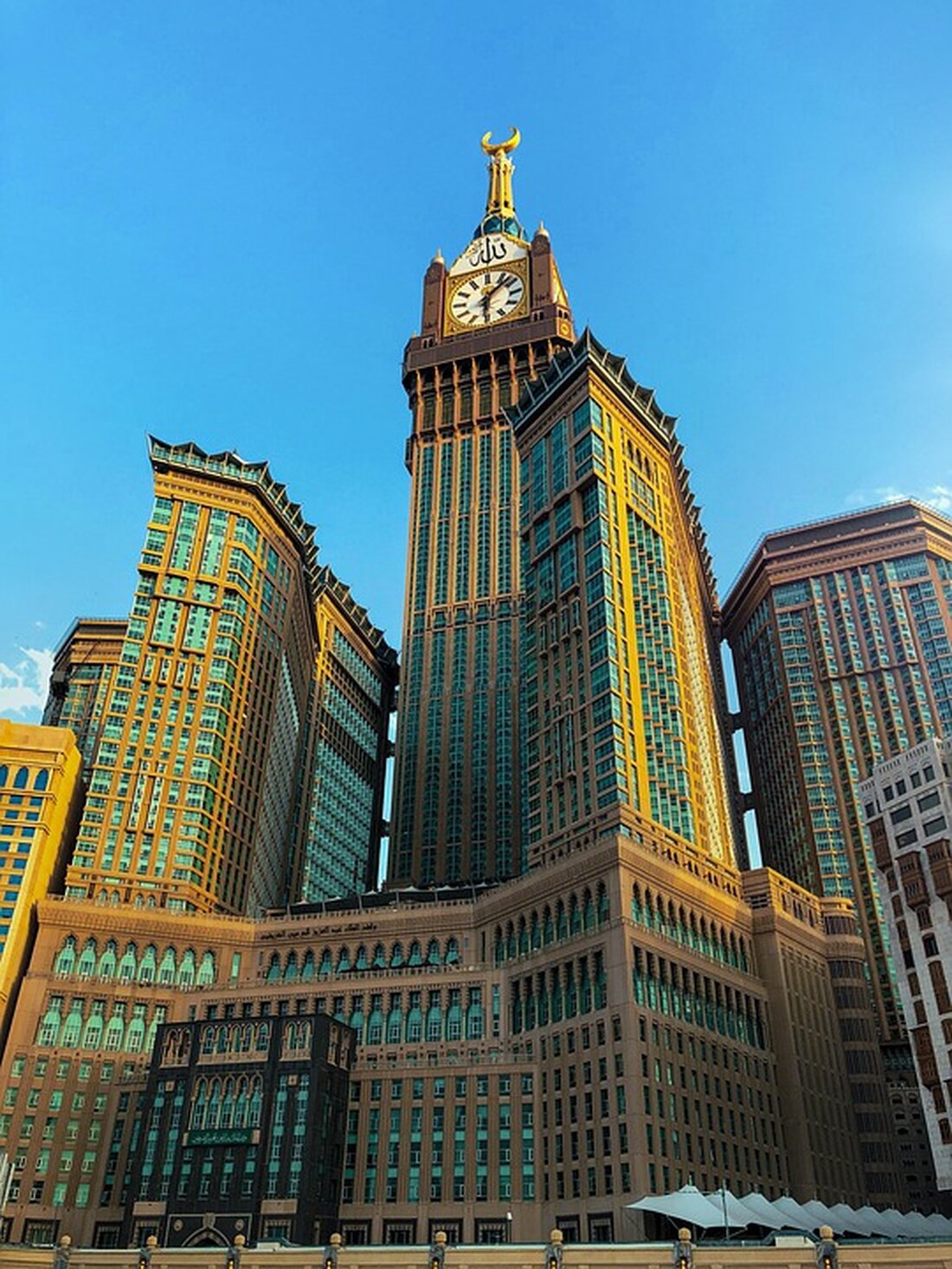Saudi Foreign Minister visits West Bank amid growing Gaza dispute
Saudi Arabia's Foreign Minister visits West Bank on Sunday-a historical step in the middle of growing tensions about Gaza. The support for the Palestinian state is reinforced.

Saudi Foreign Minister visits West Bank amid growing Gaza dispute
Saudi Arabia will send its highest diplomat to West Bank this weekend, as Palestinian officials announced. This would be the highest visit from Saudi Arabia in the region since the Israeli occupation in 1967.
Visit of the Saudi Foreign Minister
Hussein al-Sheikh, Vice President of the Palestinian Autonomy Authority (PA), said CNN that an Arab ministerial delegation under the direction of Saudi Foreign Minister Prince Faisal Bin Farhan will arrive in the city of Ramallah in West Jordanland to meet the PA President Mahmoud Abbas.
international recognition of the Palestinian statehood
This visit takes place, while the Saudi crown prince Mohammed bin Salman drives international recognition for the Palestinian statehood. The warlike conflicts in the Gaza strip are ongoing, and the prospects for normalizing the relationship between Saudi Arabia and Israel seem to be moving further and more.
strengthening relationships
The Palestinian ambassador to Saudi Arabia, Mazen Ghoneim, told Saudi state television Al Ekhbariya that the Saudi Foreign Minister will be accompanied by his counterpart from Egypt, Jordan and "other countries". Ghoneim described the visit as a clear message: "The Palestinian thing is a central concern for Arabs and Muslims".
reactions and expectations
An Israeli source who is familiar with the matter confirmed that the Israeli authorities were informed about the visit. CNN asked the governments of Saudi Arabia, Egypt, the VAE and Qatar for an opinion.
Shaul Arieli, head of the T-Politography Think tank, who examines the Israeli-Palestinian conflict, said that this was the first such high-ranking delegation that has been traveling there since the Israeli occupation of the West Bank in 1967. He emphasized that the visit was "without precedence" and that an increase in Saudi support for the Palestinian authority has been reflected since the conflict in Gaza began.
Saudi Arabia's diplomacy in the crisis
Saudi Arabia is frustrated by Israel's refusal to end the war in the Gaza strip, and undertakes intensive diplomatic efforts to convince Western states, including the United States, to recognize the Palestinian statehood. The kingdom is confident that France will count among the states that will do this in June. Riyadh also works to support the Palestinian Authority, since it does not see a sustainable alternative to its role as a political representation of the Palestinian people.
High conference for a two-state solution
In June, Saudi Arabia is expected to organize a high-ranking conference in New York for a two-state solution that provides for the creation of a Palestinian state alongside Israel.
French President Macron said on Friday in Singapore that the future recognition of a Palestinian state was "not only a moral duty, but a political necessity". "What we build in the coming weeks is obviously a political answer to the crisis in the Gaza strip. And yes, it is necessary. Because today the possibility of a Palestinian state is questioned above the current humanitarian tragedy," he said
appointments and historical visits
In 2023,Riyadh appointed an incident ambassador for the Palestinian areas, weeks before Hamas started a devastating attack on Israel, which cost 1,200 people and triggered the ongoing war in the Gaza strip. The ambassador Nayef Al Sudairi visited the West Bank in September 2023 to present his accreditation at Abbas - which was the highest official Saudi visit at that time.
Historically, two Saudi kings visited Jerusalem, including King Saud in 1954 and King Faisal in 1966.This article was also made up by CNNS Tamar Michaelis, Eyad Kourd, Angus Watson and Martin Goillandeau.

 Suche
Suche
